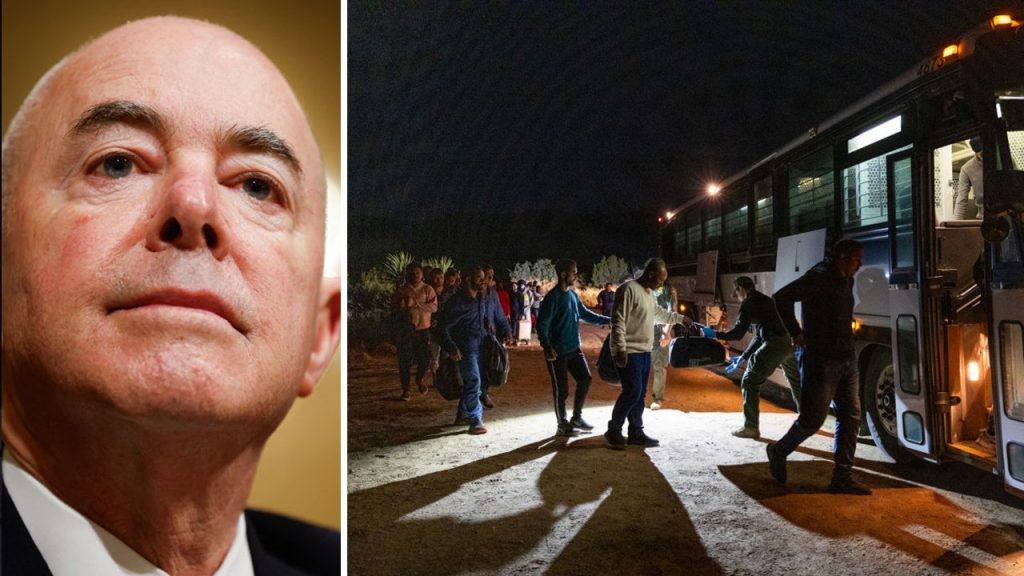The Biden administration’s decision not to renew parole for over half a million migrants who came under the CHNV program was met with surprise by some, but conservatives warn that it will not have much impact. The program, which allows 30,000 migrants in each month, has seen nearly 530,000 migrants participate since its establishment in 2022. The two-year parole status granted to these migrants will not be extended, with the administration stating that it was always intended to be a temporary measure to allow individuals to seek humanitarian relief or other immigration benefits.
While some immigration activists expressed disappointment at the decision, conservatives pointed out that Haitians and Venezuelans may be eligible for Temporary Protected Status (TPS) or other forms of relief that could allow them to stay in the U.S. Cubans can apply for green card status, while Nicaraguans may be able to apply for asylum. Despite the decision not to renew parole, critics believe that most of these migrants are unlikely to be deported, given the low enforcement rates under the Biden administration.
Conservatives, such as Gene Hamilton of America First Legal, argue that the Biden administration’s decision not to renew parole is largely symbolic and may not lead to significant deportations. Hamilton noted that the administration has no plans to wind down the program, meaning more migrants will continue to enter the country. He believes that the Biden administration is using the decision as political theater to save face on border-related issues and may be concerned about the ongoing legal battle over the program’s use of parole.
Critics have long argued that the use of parole for migrants, particularly in large numbers under the CHNV program, is inconsistent with the limited and case-by-case nature of the parole authority granted by Congress. The decision not to renew parole has raised questions about the integrity of the administration’s arguments that the program was temporary in nature. Hamilton also highlighted the challenges of deporting migrants, particularly due to the refusal of some countries to accept their nationals and legal limits on TPS.
The Biden administration has defended its recent border policies by pointing to a decrease in illegal encounters at the southern border since June. Officials claim that they have removed or returned over 131,000 individuals to more than 140 countries through international repatriation flights. The administration has touted these removals and returns as exceeding the numbers seen in previous fiscal years and as a sign of progress in addressing border challenges. Critics, however, remain skeptical of the administration’s ability to effectively enforce immigration laws and deport migrants under current policies.














